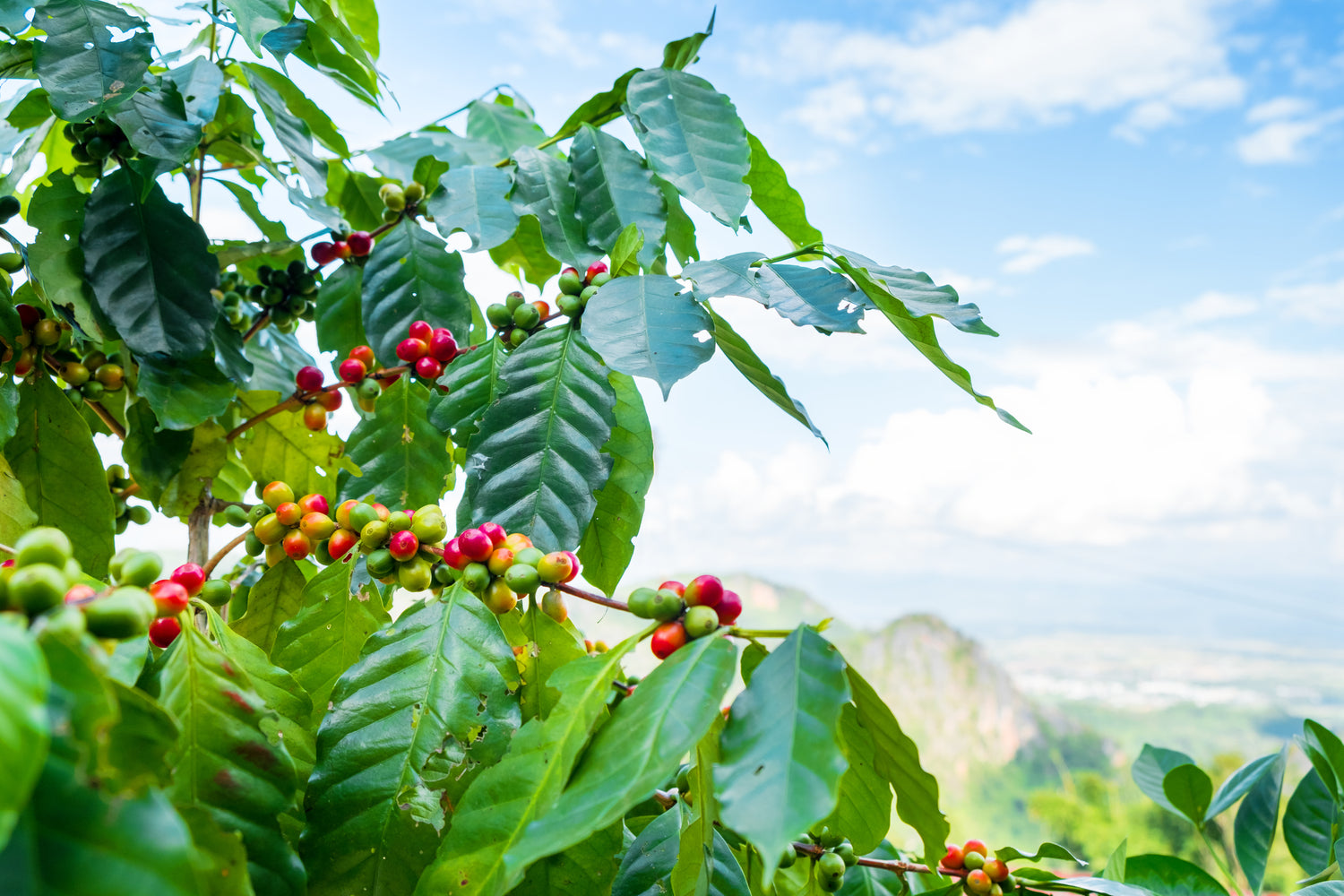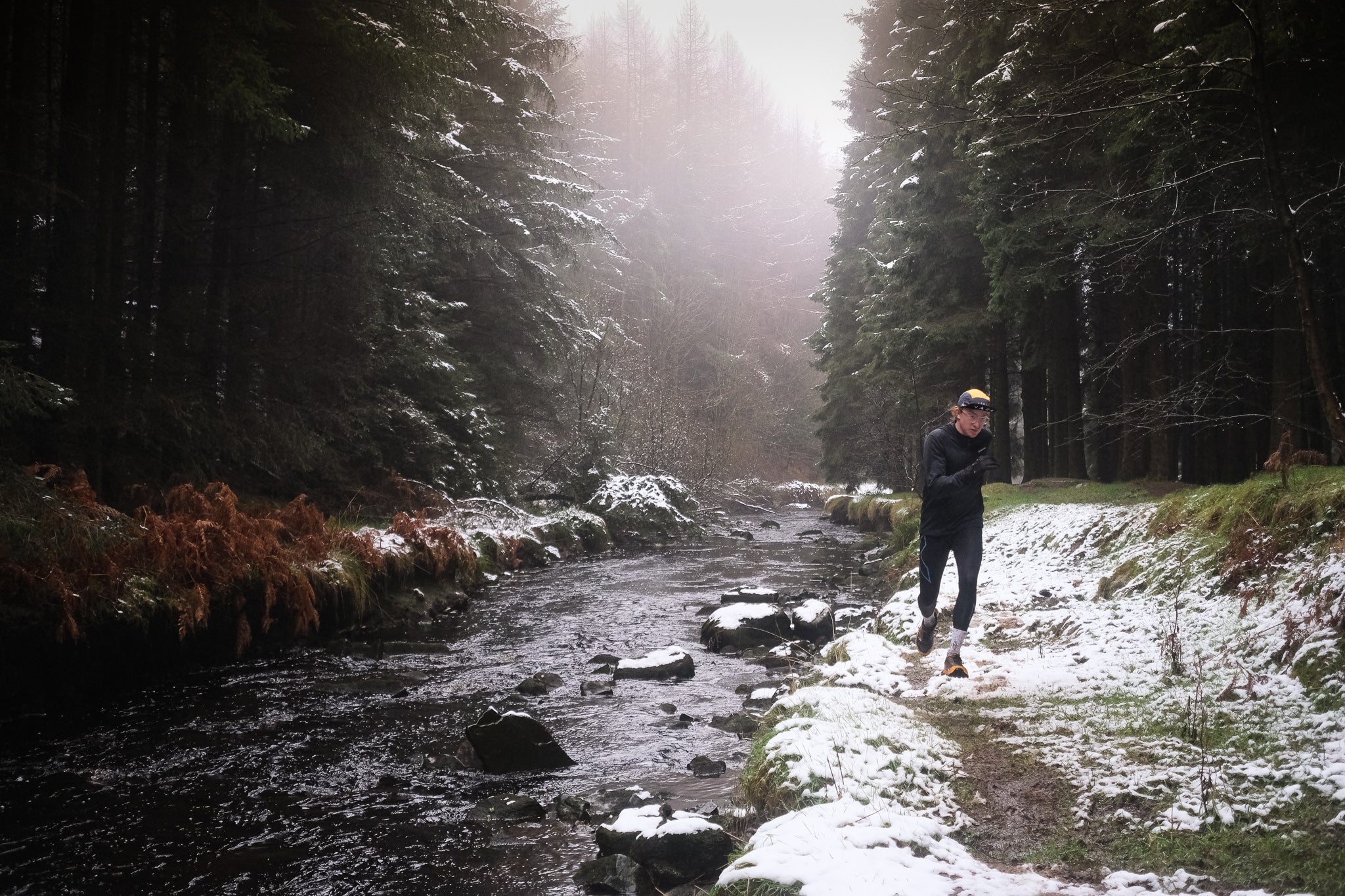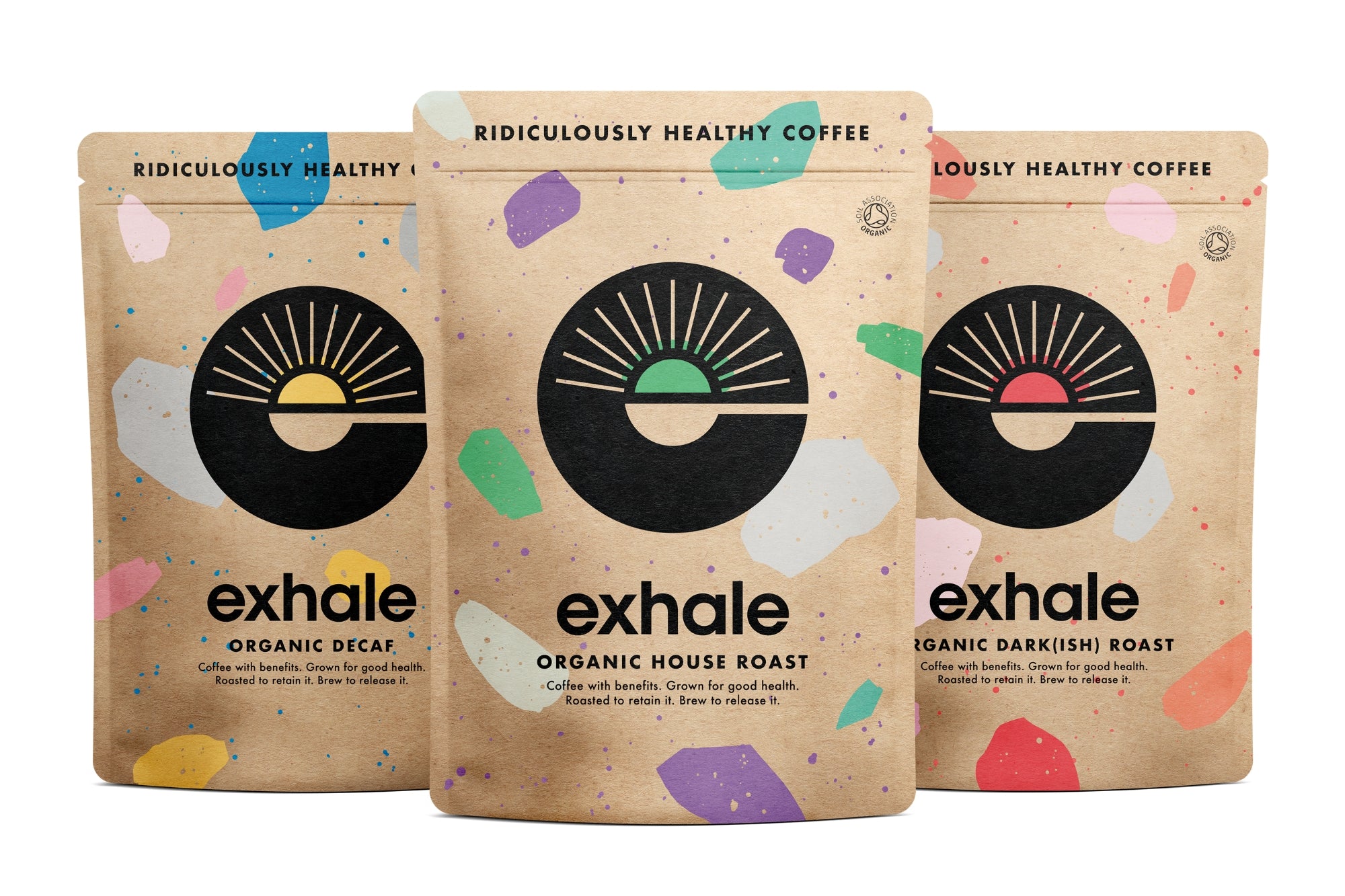What is organic certification in coffee?
Being certified organic is a big deal. For coffee, it requires roasters to follow really strict and specific practices before they can legally label a coffee as organic. It also looks at every stage of the supply chain, from the farm, to the processing, to the roasters and beyond and it requires every aspect of the coffee production to adhere to strict organic protocols.

The organic certification rules vary from country to country, there’s no global standard but it’s a very stringent system across the board. So, if you see a coffee that’s certified organic, you know it’s had to go through some rigorous hoop-jumping to get there.
Organic farming practices
Rather than looking at fair pay or focusing on the surrounding community – organic farming programmes require roasters to follow really specific practices before they can legally be labelled with the Organic and Soil Association Organic logos. Even people that own land near organic farms need to practice within the organic protocols.
That means:
- All processes need to be 100% organic
- There are strict limits to any synthetic fertilisers or chemicals
- Only organic materials are used – e.g. only organic matter like chicken manure or coffee pulp is used as fertiliser

As a rule, this means that organic farms generally emit far less carbon. Not only because they give off less carbon than conventional farms, but because these organic processes actually sequester carbon.
You might pause before buying organic coffee, because yes, it’s more expensive. Normally coffee is stacked high and sold cheap – but coffee should be more expensive because it’s difficult to grow and difficult to process. So, buying coffee for 99p is terrible, because it doesn’t take a huge leap of imagination to know that the coffee wasn’t grown with yours or the planet’s best interests in mind (as well as the fact that no one is getting paid enough for their work down the line).

Is organic coffee better for the environment?
Organic coffee is usually shade-grown, which is the natural way for coffee to grow. Rather than conventional non-organic coffee, which is forced to grow in the sun to quicken the ripening process. Growing coffee in the sun also depletes nutrients from the soil, which poses risks to the wider ecosystem.
The organic certification looks at the variety and quantity of flora and fauna on farm. This means growing the coffee amongst other trees and shrubs and so their fallen leaves, branches and fruits will all mulch down into soil to further increase the soils nutrient content. It also provides protection from wind and rain, resulting in higher quality soil and less soil erosion. So it’s all around better for the plants and the surrounding environment in which they’re gown.

Coffee is one of the most sprayed crops in the world with pesticides, behind tobacco and cotton, neither of which you ingest. So another important aspect of organic farming is the fact these aren’t used – it’s debated whether after roasting coffee the quantity of pesticides that end up in your final brew is harmful to human life, but if you can avoid them, why wouldn’t you? And we’re an increasingly sick generation so personally it does make me wonder whether the ‘safe’ limits legally set are as safe as they could be…
For the farm, lower pesticide use means that the farms attract more animals like birds, lizards and bugs which in turn help control the pests and maintain a productive coffee crop. This diversity will only further support the local ecosystem and make it far healthier for the planet than a typical, mono-culture farm, doused in chemical pesticides, lacking nutrients in the soil and devoid of any real diversity in plants or wildlife. That’s not to mention the fact rain washes the chemical pesticides into the local water systems and further killing the wildlife there… a topic for another time!
As you might have guessed by now, this is something I feel passionately about!
Is organic coffee better for you?
Organic foods:
- Contain fewer pesticides
- Contain fewer additive and preservatives
- Contain no GM ingredients
- Are produced using fewer antibiotics
- Are from more resilient farms
But aside from the above, there’s also a growing body of evidence to suggest that organic coffee is higher in antioxidants and other nutrients than conventional coffee. In fact a study published in the British Journal of Nutrition in 2014 found organically produced crops contained up to 68% more antioxidants than non-organic.

Here’s one potential reason that’s the case:
Just like humans, plants have a microbiome, as does the soil it grows in. I.e. we’re all rich in bacteria! A healthier, more diverse microbiome in humans leads to healthier, stronger humans… and the same is true for plants and soil.
Growing coffee in a diverse ecosystem will mean more nutrients in the soil, and using no pesticides will leave more bacteria in the soil and so creating even more nutrients. This leads to healthier, stronger plants (which on a side, will be more resistant to pests and therefore needing less pesticides). At the end of the chain, us lucky humans benefit from this wonderful, nutrient rich, cycle of life when we eat organic foods… or drink organic coffee!
So, if you’re able to buy organic, I think we can safely say it is better for you and better for environment as a whole.





Leave a comment
All comments are moderated before being published.
This site is protected by hCaptcha and the hCaptcha Privacy Policy and Terms of Service apply.